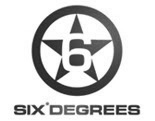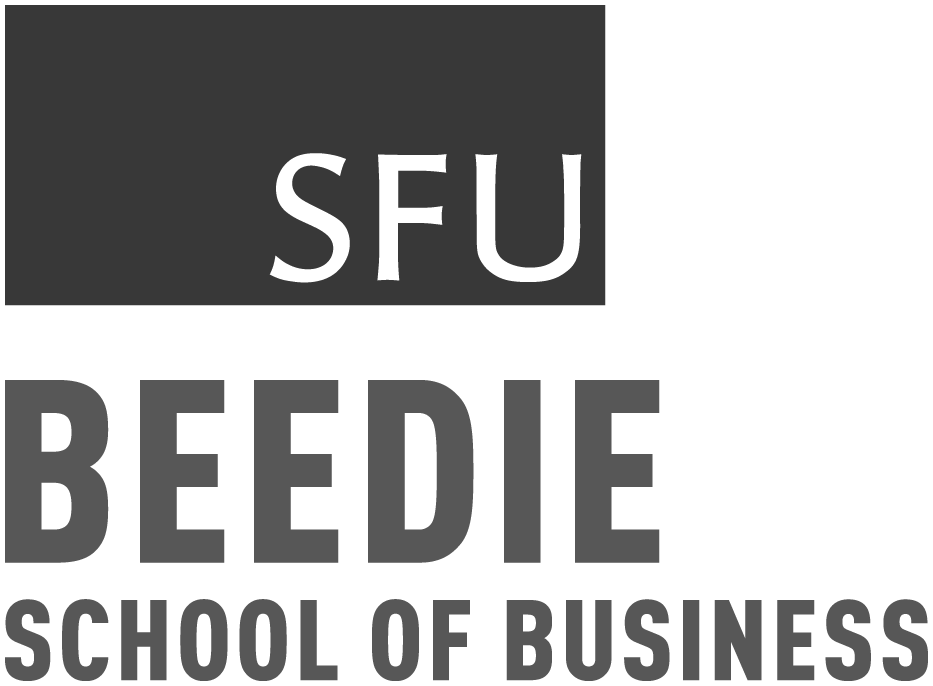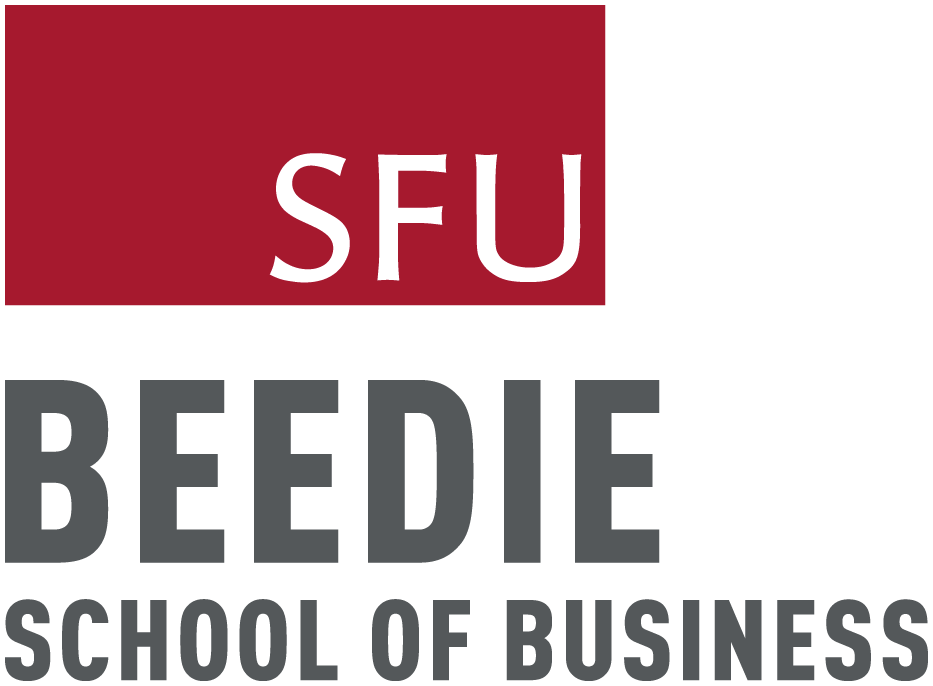Todd Hauptman: “The Big Pitch”
“I served as the communications manager for a BC cabinet minister, but after three years decided that I no longer wanted to be constrained by a philosophical alignment. I wanted to be who I am and not worry about what I say or who I have dinner with. I just didn’t want to work in the game of politics any longer. Secondly, I wanted to have the flexibility, that freedom to work for a number of different people.
So in the spring of 2013, I left that job and worked for various sectors like tourism and media. Then in mid-2015, I started up my own PR consultancy. I now work for tech companies and non-profits. The Kidney Foundation of BC is currently my biggest client. I take care of their social media and do all of their media relations. I still get my political fix once a week on Global BC’s 24-hour station, BC1, as a member of a political panel, and I write a blog for the Huffington Post. But then I go do everything else for the rest of the week.
B ack when I was doing media relations for the cabinet minister, I had to pitch the story that would please the government communications people and the minister’s agenda. So the story was the challenge. But it was certainly easier to get the media’s attention. I’d pick up the phone and the media would always listen when I called, even though I’d still have to sell them on a good story. Now, as an independent consultant, for my clients, it’s a matter of not only having the right story, but also pitching the right story to get the right person’s attention. And in a market like Vancouver or Toronto, there’s a lot of media and a lot of people vying for their attention.
ack when I was doing media relations for the cabinet minister, I had to pitch the story that would please the government communications people and the minister’s agenda. So the story was the challenge. But it was certainly easier to get the media’s attention. I’d pick up the phone and the media would always listen when I called, even though I’d still have to sell them on a good story. Now, as an independent consultant, for my clients, it’s a matter of not only having the right story, but also pitching the right story to get the right person’s attention. And in a market like Vancouver or Toronto, there’s a lot of media and a lot of people vying for their attention.
About seven or eight months after setting up my business, I attended a dinnertime meeting of IABC/BC’s Special Interest Group for Independent Communicators. When starting out on my own, I’d looked in to a number of associations. I liked the more practical, hands-on approach to learning skills across all spheres in the communications field that IABC/BC offered. And this event was the first of theirs that I attended after joining.
Right around the time of that dinner, Post Media had just announced a new round of layoffs, and so there was lots of conversation about where the media landscape is going. There were senior people around the table and they were talking about that shift within the landscape and how, at the same time, there was a need to shift how we pitch to those media companies. And someone suggested that there will be an increasing number of niche, even non-profit, media companies or organizations that come in to play within the constantly shifting media market.
It was during that conversation, sitting around the table with these people who had many more years of experience than me, that the wheels started turning in my head about media pitching and the role of media pitching in this shifting media landscape. And the core of what I picked up and started really thinking about was that when it comes to media relations, what’s important is to make each and every pitch unique and specific to the reporter and to the media company that you’re pitching it to. And by doing that, it will stand out.
It wasn’t that I didn’t know that. I’ve always tried to approach media pitching in a personal way. But with a media market that’s that much more competitive for good quality content, making that story, making that good quality content, and then individualizing your pitch, is even more important than it was even five years ago. I think it was a bit of an ‘Ah ha’ moment, if you will, where just my approach shifted in terms of taking the time to make that individual pitch and individual approach to that company and reporter.
One thing that’s come out of that IABC/BC dinner and conversation is that now I do a lot more research in to the company and the reporters that I’m pitching to. So now, when I’m pitching a story for the Kidney Foundation, I try to find reporters that have a connection or some kind of transplant story in their family or their circle. For example, Aaron McArthur of Global TV, his daughter had a transplant a few years ago. So pitching a story for the Kidney Foundation to him, for Global TV, would be the perfect option because he’s personally connected to transplants. He knows the issue, and so it’s really just a matter of selling the particular story or story angle.
It’s also finding the right way to contact them. So if the reporter is active in social media, then sending them a tweet. If they’re a more senior reporter, then I know a phone call and a message is going to be more effective in terms of follow up.
And in terms of results, even just in this past month, which is national Kidney Month, I’ve seen the success of this approach in how we’ve pitched stories for the Foundation. We’ve had a morning show appearance on Global TV, a couple of radio interviews, a couple of newspaper and online stories, and there’s one TV station in Metro Vancouver that said, ‘We like your story but we just can’t book it in the month of March.’ So I’m referring them to National Organ and Tissue Awareness week in April. But for me, there’s definitely areas that we talked about at dinner that night that I’ve sharpened since then. Areas where I learned new things and then the ones where I just sharpened my process even more.”
Some facts about Todd
Current Position: Independent PR consultant and political commentator
IABC member since: 2016
Biggest challenge of being an independent: Gaining and retaining clients.
Website: www.askthetodd.ca
Facebook: www.facebook.com/thauptman
Twitter: @askthetodd
LinkedIn: https://ca.linkedin.com/in/askthetodd
We’d love to hear your #myIABCstory! Get in touch with us at membership at iabc.bc.ca to share your experience as an IABC/BC member or learn more about IABC/BC Member Stories.












